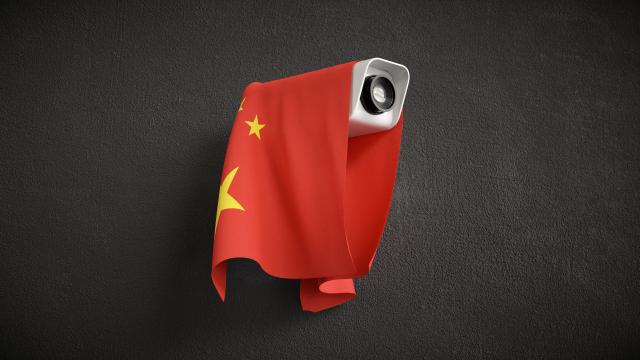The Australian Department of Defence will rip out more than 900 Chinese-made security devices from government buildings over fears they could enable spying by China.
Officials announced the move after a six-month audit revealed the flabbergasting number of cameras, access control systems, and intercoms made by the Chinese companies Hikvision and Dahua in government buildings earlier this week. Before the audit, the Department of Home Affairs couldn’t determine how many surveillance devices were in government buildings, according to Opposition cybersecurity spokesman senator James Paterson.
Paterson told the ABC that some government departments didn’t know exactly how many of the devices from Hikvision and Dahua were in their buildings.
“We urgently need a plan from [Prime Minister Anthony Albanese’s] government to rip every one of these devices out of Australian government departments and agencies,” Paterson said.
When addressing the issue, Defence Minister Richard Marles said his agency was analysing the government’s surveillance devices, the Associated Press reported.
“Where those particular cameras are found, they’re going to be removed,” Marles stated. “There is an issue here and we’re going to deal with it.”
The U.S. banned equipment from Hikvision and Dahua in government buildings last November, citing the “unacceptable risk to national security.” The United Kingdom also took similar action against Hikvision that same month over “current and future security risks.” Like Australia, the U.S. and the UK worry that Chinese companies could be forced to hand over sensitive data when asked to do so by the Chinese government, which is required by law.
“We would have no way of knowing if the sensitive information, images and audio collected by these devices are secretly being sent back to China against the interests of Australian citizens,” Paterson, the cybersecurity spokesman, laid out.
China blasted Australia’s move on Thursday and claimed the country was discriminating against Chinese businesses. At a daily news briefing, Foreign Ministry spokesperson Mao Ning said Australia’s decision overstretched “the concept of national security and abuse state power to suppress and discriminate against Chinese enterprises.”
She added that China had always encouraged its companies to carry out business abroad in compliance with local laws, according to the AP.
“We hope Australia will provide a fair and non-discriminatory environment for the normal operation of Chinese enterprises and do more things that are conducive to mutual trust and cooperation between the two sides,” Mao said.
This article has been updated since it was first published.
